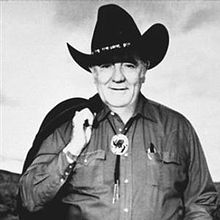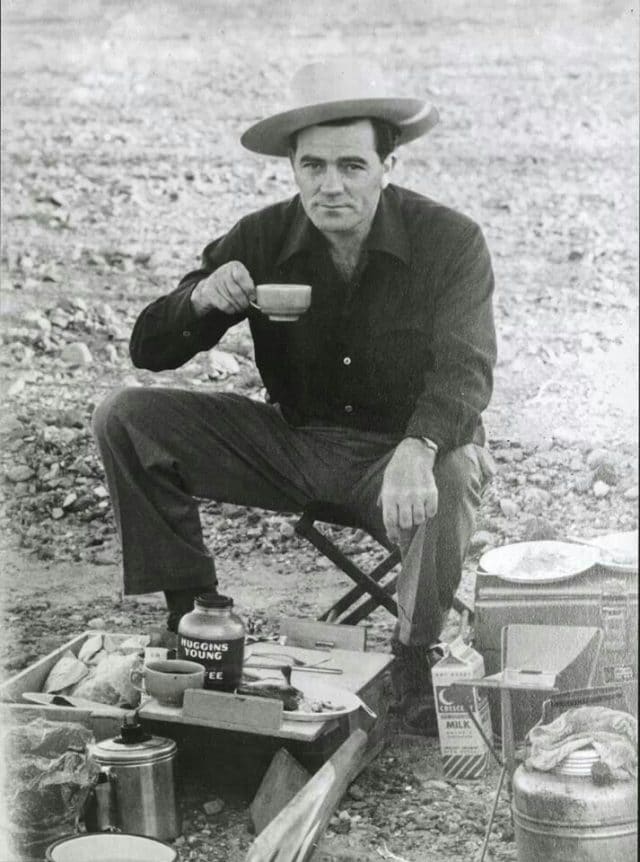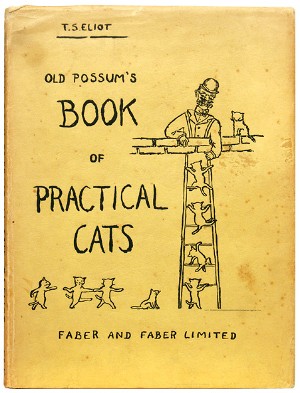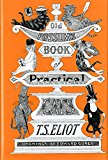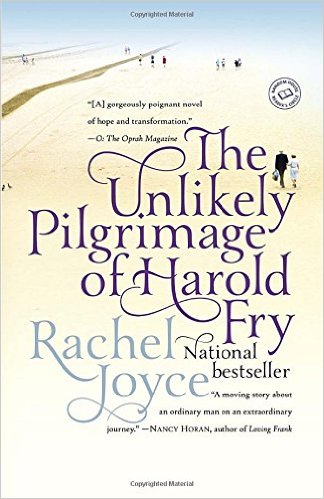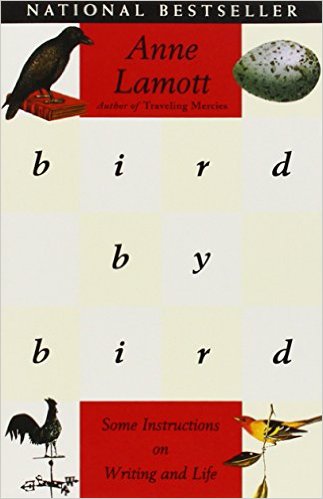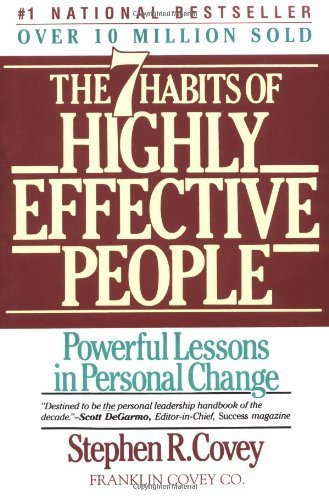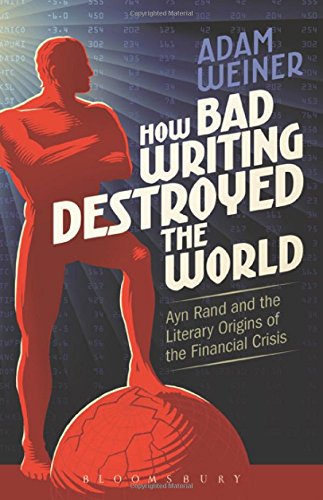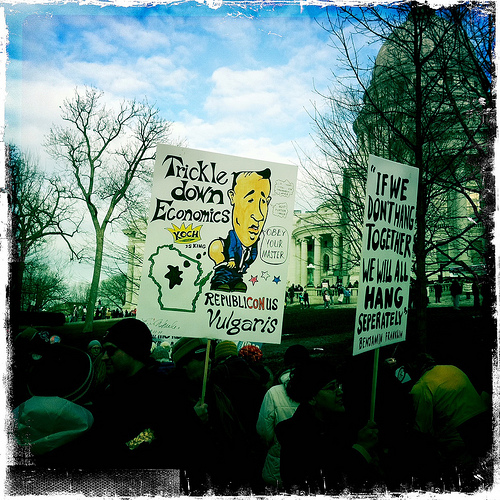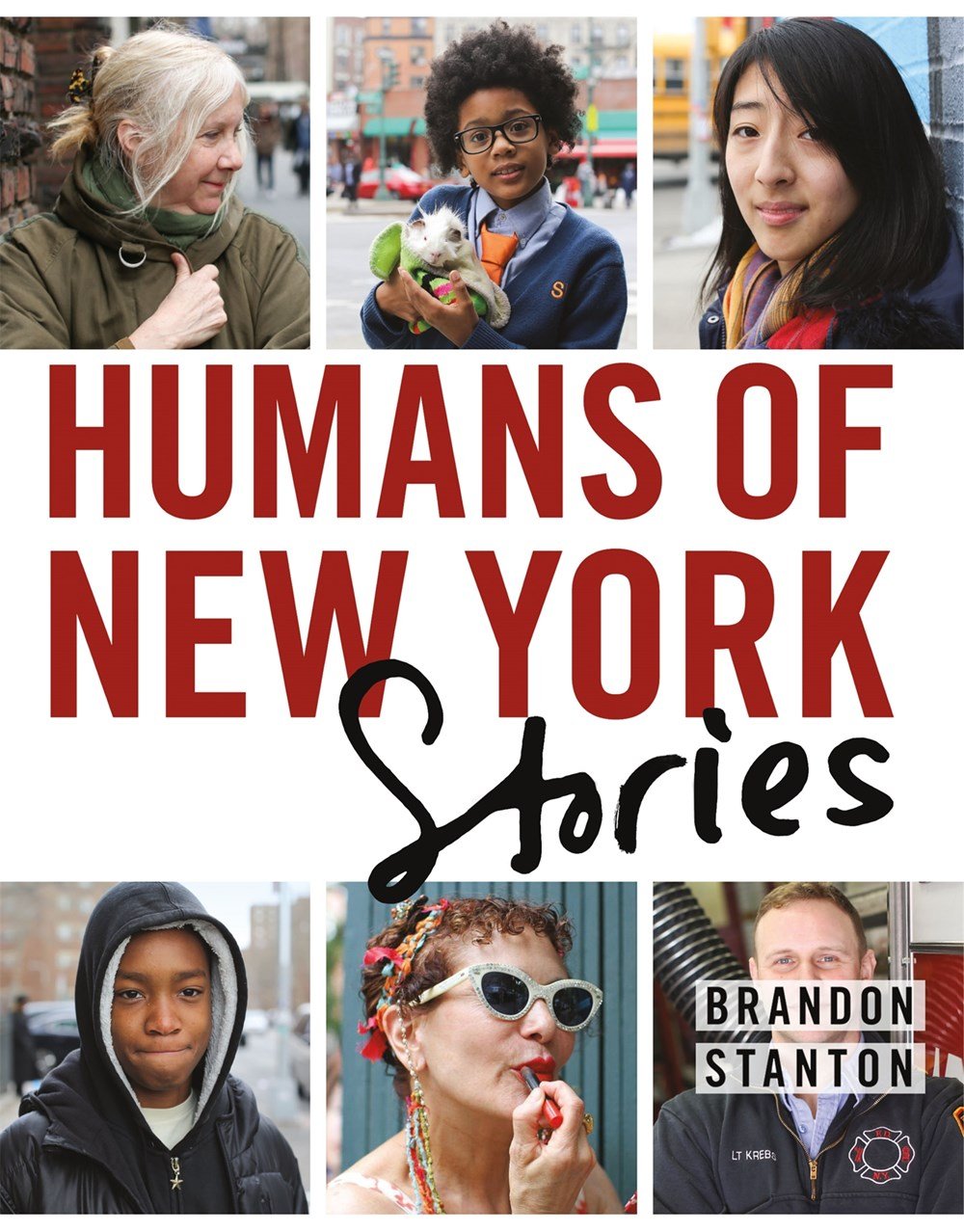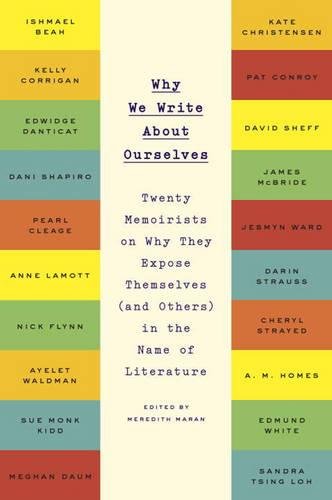Louis Dearborn LaMoore was a high school dropout who by the time he died in 1988 he had sold 200,000,000 of his books. He had written primarily Western novels (He preferred to call them "frontier stories")
L'Amour's success needs to be considered even before we look at "The Education of a Wandering Man, A Memoir by Louis L'Amour because, as an author, his success shouts loudly for some critics who label this book as less polished.
Many (myself included) didn't know L'Amour for anything except what seemed like a successful Western writer of historical fiction, before this book came out in 1989.
This book is a surprise giving us an overview of L'Amour's experiences in the western U.S. and Far East as seaman, ranch hand, mine guard and hobo. It shows that a person’s real life history is hard to beat for a good book.
The story starts with L'Amour dropping out of school at age 15 and becoming a wandering young man. He first became a hobo on the Southern Pacific Railroad, then a Cattle Skinner in Texas. He even became a world traveler, merchant seaman, based in Singapore. He made a living anyway he could. He worked as a hired hand, cowboy, and even as a prize fighter. He traveled the rails, lived in hobo camps, and learned while listening to men around the fires in the evening teaching him to be a natural storyteller.
When you read a story like this you don’t expect to have so many of the old classic’s discussed. During these years of traveling, Louis read everything he could find, educating himself. He learned from the masters in those books about the questions that have been discussed over centuries. His love affair with the books was real.
He always carried books with him in his travels. He would work a little and then always buy a book or two, if he could. What he bought was a regular part of the story along with what he was reading.
One summer he spent three months alone in the mountains, living in an old shack, while taking care of cattle. The shack had been used in prior years by those doing the same summer job and he found a sack of old books under some wood. He wrote about his adventures during that time, and about the books he had found an read. The books were classic’s. Today they would also be called part of the "Great Books". They consisted of Aristotle, Plato, Nietzsche and others.
His story is a good lesson on being a reader first, and then a writer. L’Amour was a reader. He had an appetite for reading that seemed to never be satisfied.
He served in World War II and after the war started writing novels. One of his first was the novel "Hondo". It became a movie and John Wayne was the star and like other famous writers the movie let a lot of people know who he was.
The book shows where the passion for reading can lead and demonstrates how it serves those who are self-educated. They become someone different though their reading. They re-invent themselves. A great book to read even if you already like Louis L'Amour as a writer.
See Poetry Section for Poem, "I'm a Strange Here" by Louis L'Amour click here




